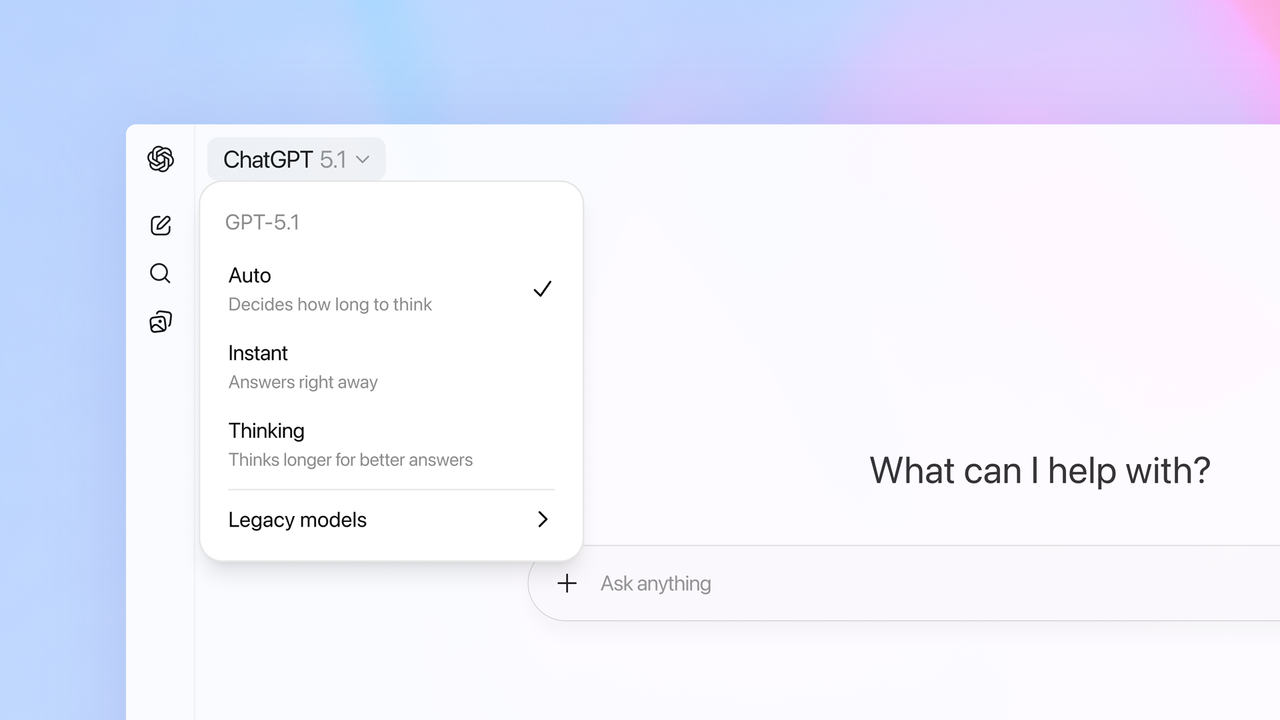
AI Image and Video Models Develop Distinct “Personalities,” Guiding Creator Choices
Generative AI tools for images and video are no longer viewed as generic utilities; creators now describe them as having distinct “personalities.” The term reflects each model’s baseline style, strengths and preferred tasks, from cinematic motion to realistic human features. Major players such as Google, Adobe, Runway, Midjourney and others each exhibit unique traits, prompting creators to select the model that best fits a specific project. Using multiple models in a hybrid workflow is praised for expanding creative range and improving efficiency, while the evolving nature of these personalities underscores the rapid progress of generative media technology.










